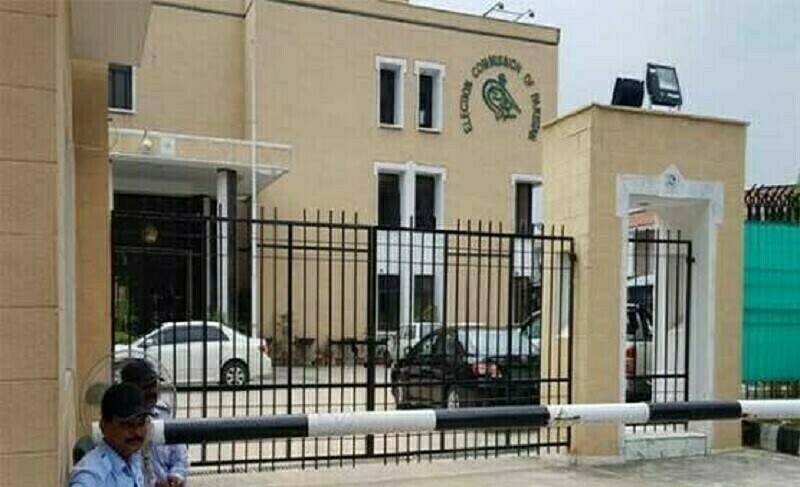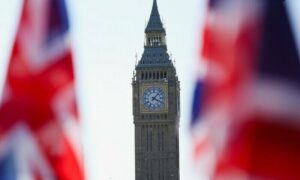• Legal team meeting ‘remains inconclusive’ yet again; huddle to resume today
• Insiders say commission is ‘buying time for parliament’s next move’
ISLAMABAD: The Election Commission of Pakistan (ECP) appears to be in no hurry to implement the Supreme Court’s verdict on reserved seats, even after the release of the detailed judgement.
Informed sources told Dawn that the commission held yet another meeting on Tuesday to carefully examine the detailed judgement of the Supreme Court, which it finds in conflict with the law. Tuesday’s meeting, like the previous around half a dozen such confabs, remained inconclusive and the commission has decided to meet again today (Wednesday).
Many believe that the commission is buying time for a move that may be pushed through parliament.
A source in the ECP conceded to Dawn the unusual delay in implementing the Supreme Court’s short order in the reserved seats case allowed the government to amend the Elections Act 2017, designed to frustrate the Supreme Court order and deny reserved seats to the PTI.
He said the delay in implementation of the judgement even after the September 14 rebuke and warning of consequences if it was not immediately implemented provided time for filing a petition seeking to implement the amended law.
National Assembly Speaker Ayaz Sadiq’s letter along similar lines also coincided with the petition filed by PML-N lawmakers.
The insider told Dawn that the ECP’s indecision over the matter could be a strategy to provide an opportunity to the government for some meaningful tweaks in the law or even the Constitution. He also agreed that the PTI had been treated differently compared to other political parties when the ECP rejected intra-party elections, conducted by the party in 2022, ahead of polls.
On July 12, the apex court in an 8-5 split order declared that the PTI was eligible for reserved seats in parliament. The verdict was announced by a 13-member bench, headed by Chief Justice of Pakistan (CJP) Qazi Faez Isa, and was live-streamed on the court’s YouTube channel.
After the short order, the ECP approached the court for clarification on the judgement. The ECP had raised concerns about who in the PTI should be contacted for verification, given the party’s lack of structure and unrecognised intra-party elections, suggesting that the election regulator might need to seek further directions from the court. This elicited a sharp rebuke from the majority eight judges that ordered immediate implementation of the judgement.
In order to counter this judgement, the government brought changes to the Elections Act 2017. This law, apparently aimed at circumventing the Supreme Court verdict on reserved seats, was bulldozed through both houses of parliament on a single day last month.
As the ECP kept sitting on the SC order, National Assembly Speaker Sardar Ayaz Sadiq wrote a letter to the chief election commissioner urging him not to implement the SC judgement. The speaker said since the judgement was based on law prior to the enactment of the amendment, it could not be implemented.
Meanwhile, Information Minister Attaullah Tarar told the media in New York that the clock could not be turned back to give the reserved seats to the PTI, which had made “an irreversible mistake by joining the Sunni Ittehad Council”, which is not a parliamentary party, adds APP.
The PTI could have joined the Majlis Wahdat-i-Muslimeen which had a presence in the house, he said, adding that the government fully endorsed the letter written by the NA speaker to the chief election commissioner asking how the seats could be given to a party that did not have any existence in the house.
Published in Dawn, September 25th, 2024







